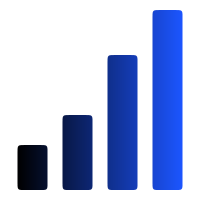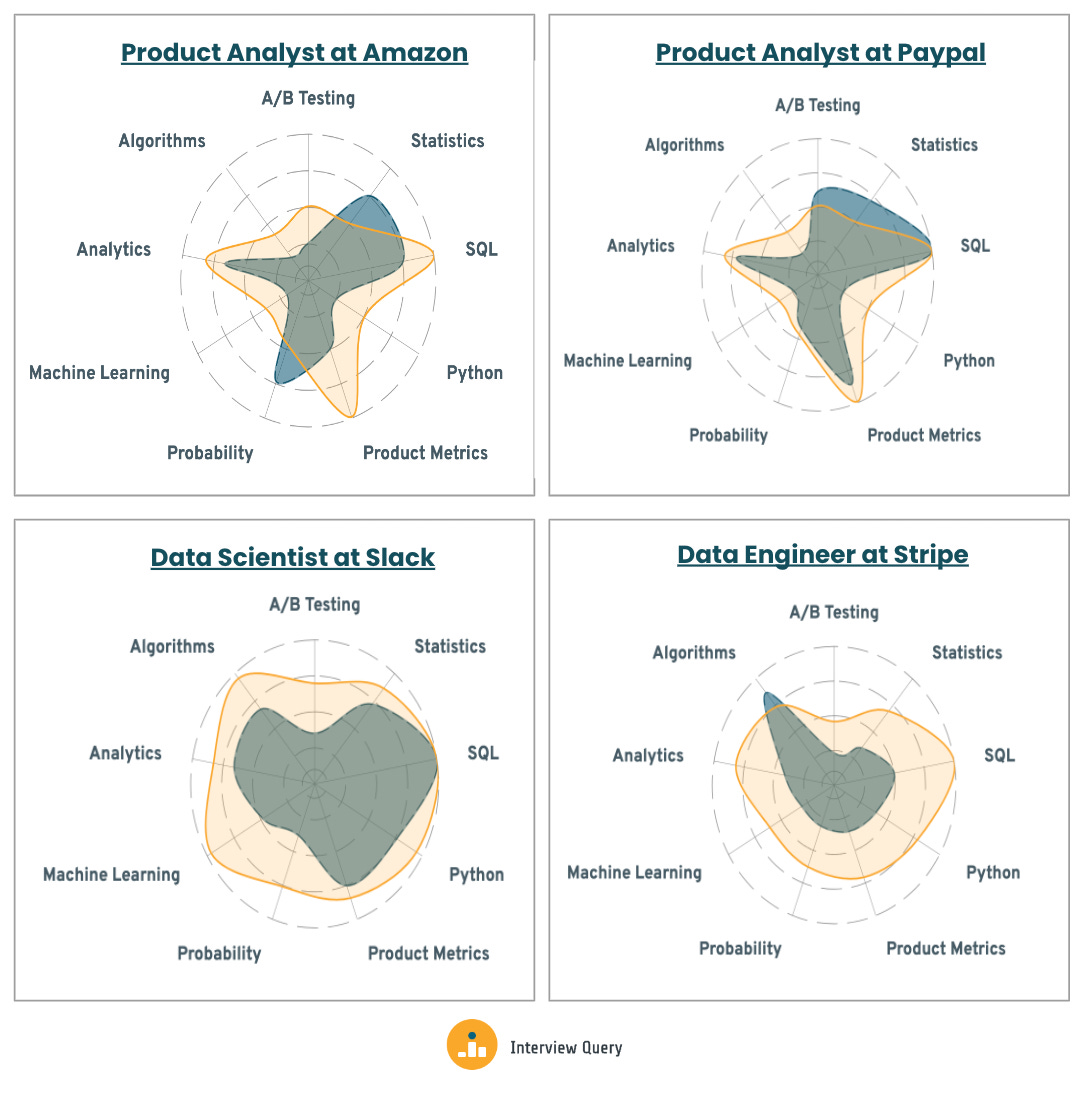The Preparation Guide for Data Science and Analytics Interviews - Issue 216
Your go-to list of resources for preparing for data and analytics job interviews.
Welcome to the Data Analysis Journal, a weekly newsletter about data science and analytics.
As I catch up on your questions after returning from my travels, one common theme stands out: how to prepare for interviews for data and analytical roles.
So today, I’ve decided to put together a consolidated guide on everything I've already published related to interviewing—how to prepare, concepts to brush up on, vocabulary to remember, case studies to review, and so on. Later, I’ll create similar guides for A/B testing, ML, and maybe product analytics.
If you’re actively interviewing or just want a reminder of when the simple becomes complex, keep this guide close!
Any interview process is stressful and, unfortunately, often unfair.
Candidates are not getting paid for drafting strategies, breaking down roadmaps, creating decks, designing flows, or solving data challenges for potential employers. There is no law making recruiters and hiring managers accountable for their attitude, lack of effort, or inappropriate exercises/questions.
🚫 Say no to take-home assignments.
Take-home exercises or assignments should not be accepted in 2024.
I do not offer take-home or online assignments because I consider them disrespectful of candidates’ time. There are far more effective ways to evaluate a candidate’s knowledge, experience, or fit. If the hiring manager fails to do this, it shouldn’t come at the cost of the candidate’s time. Say no to any assignments and instead offer a portfolio, an additional interview screen to demonstrate your skills, or request compensation.
👤 Your Portfolio is your best resume.
This might be controversial for some, but I personally no longer read CVs and resumes. For me, a candidate's LinkedIn profile and portfolio (whether on GitHub, Kaggle, a blog, or public dashboards) provide a much clearer picture of their skills, interests, and experience.
Once resume building, proofreading, and ATS-friendliness (which is a complete scam) became a science on their own, it made it harder for hiring managers to recognize the right-fit person between all the polished and exaggerated wording (yes, your Power-BI dashboard indeed increased company net new revenue by 200%). It also takes quite some time to fact-check the experience and education from a resume, whereas LinkedIn removes that burden from you.
💔 Don’t take it personally
I've had to say “no” to strong candidates many times because they were missing one important aspect of the role, such as experience setting up analytics for mobile apps, experience with paid recurring subscriptions, or knowledge of ad attribution. It’s impossible to be an expert at everything, so focus on becoming the best in the specialty you love and differentiate yourself.
Don’t overstress, and don’t stop trying, even if it doesn’t work out at first. Also, don’t stress over acceptance rates or interview difficulty levels.
Preparing for the interview
If you go through the publications below, I guarantee you will be better prepared and equipped with the foundation for most data roles, although I mainly focus on data scientist and analytical roles in my newsletter.
First-round:
Take-home assignment / Portfolio
Honing skills:
For any data or analytical positions, you will be interviewed in at least 2 or 3 categories listed below. I’ve put A/B testing in a separate section because, frankly, I don’t know of any company that isn’t running experiments today.
Analytical Thinking
SQL:
Python:
Python For Data Science: The Difference Between Merge, Join, And Concat
Data Analysis in Python: A Guide to Working With Dates in Pandas
A/B tests:
Statistics
To close the loop, my guide for hiring managers with my interview questions - How To Hire Exceptional Analysts and Data Scientists.
Most importantly, stay confident and positive. Keep your spirit up, and good luck! Analytics is exciting!
Thank you for reading, until next Wednesday!




Also to add- psychometric tests are such a bad tell of a persons ability to critically think. I understand it’s a proxy measure and a way to filter out candidates but I would prefer a case study over those annoying tests !
Re: take home assignments, I just hired two new Product Analysts using a “live” 45 minute case study. Ability to test basic technical proficiency, communication, and critical thinking all at once